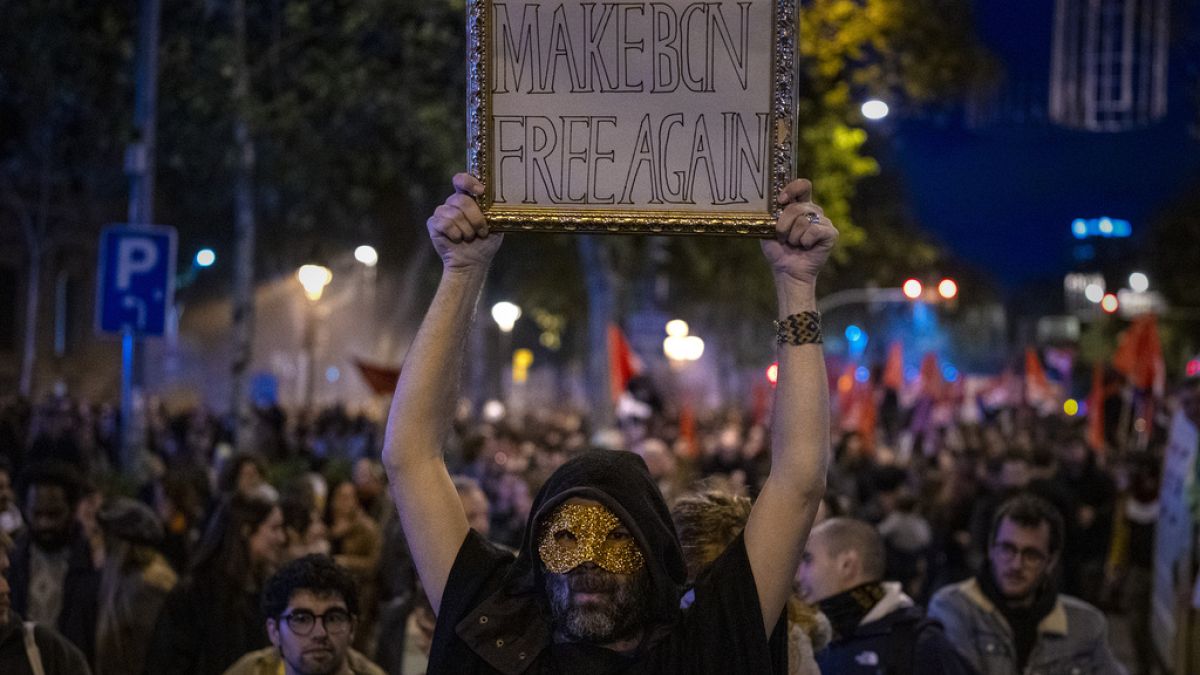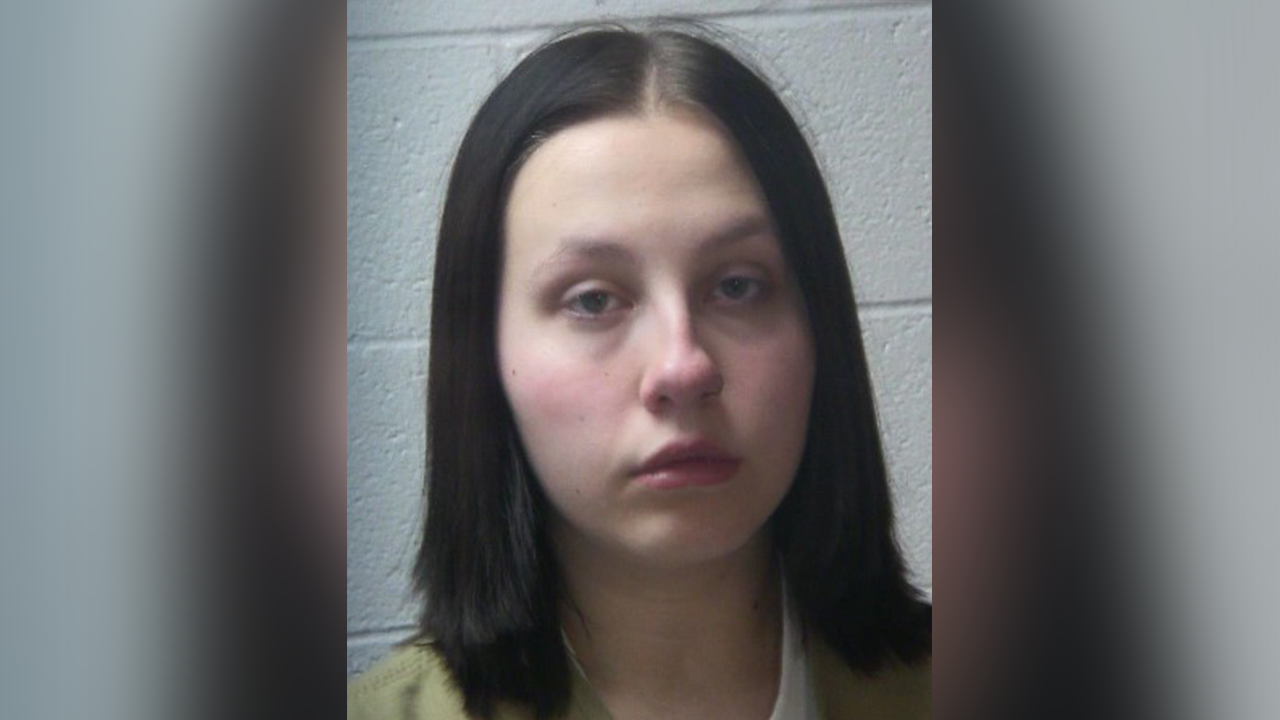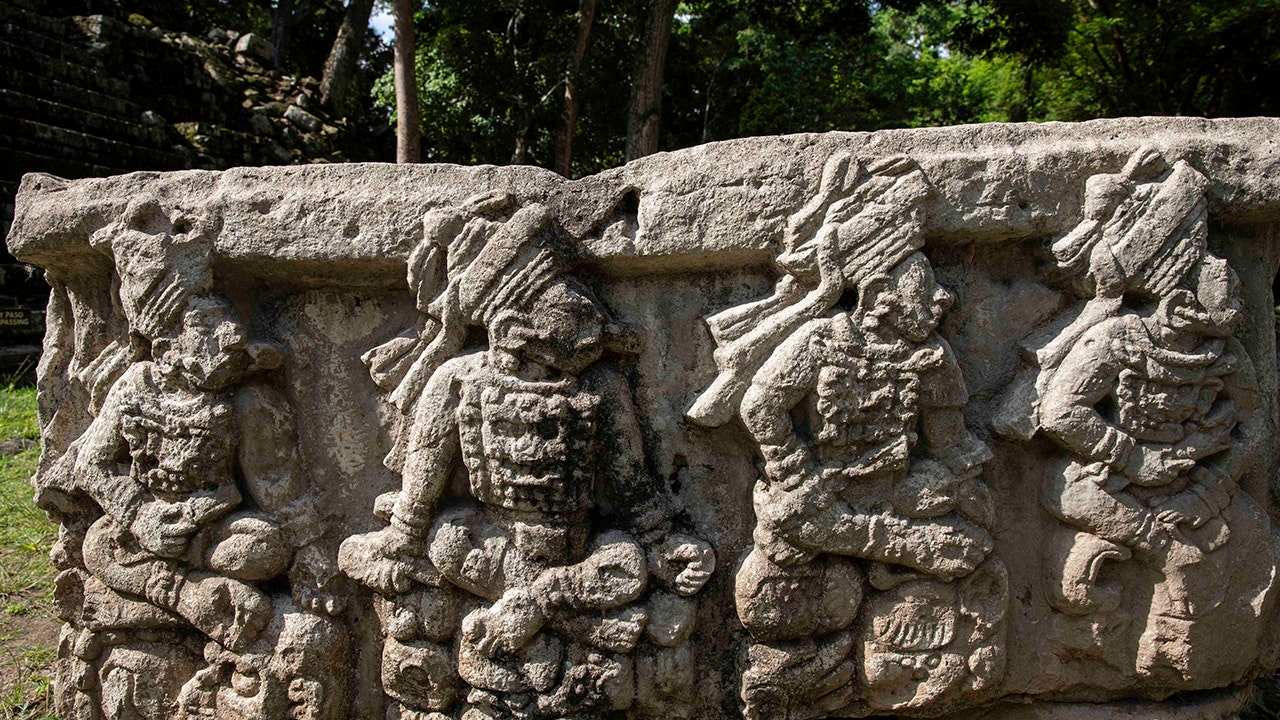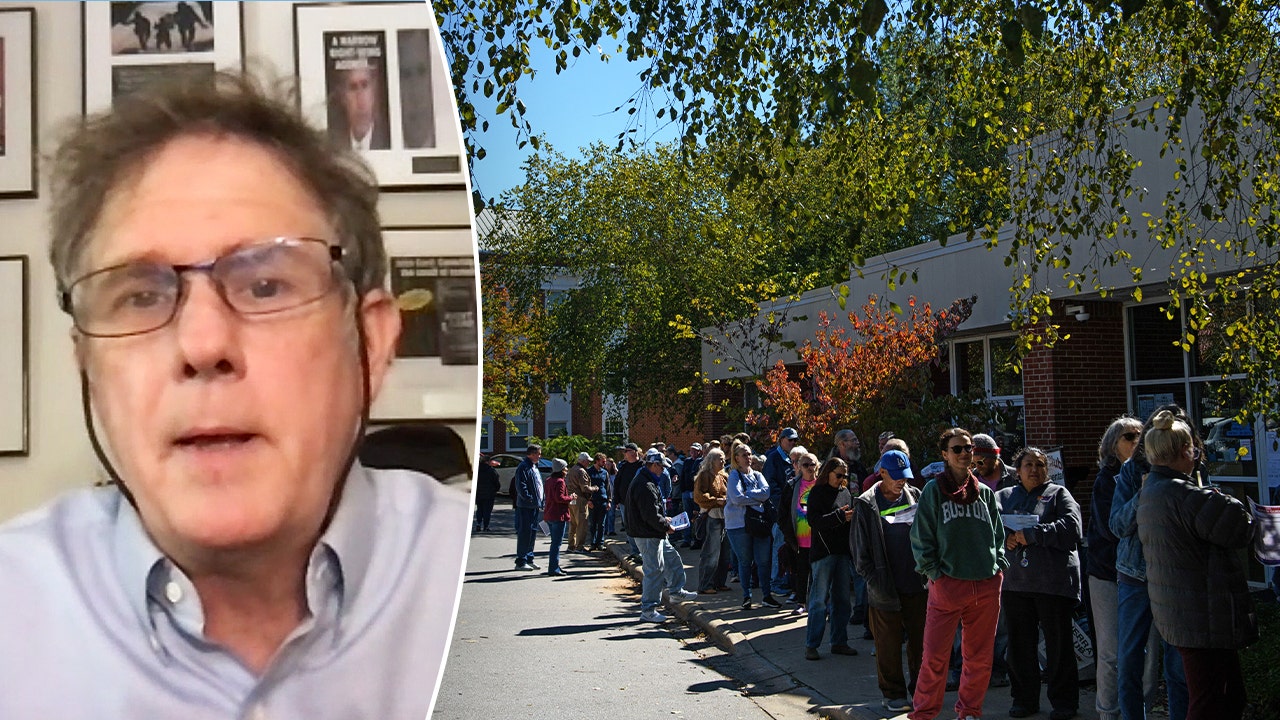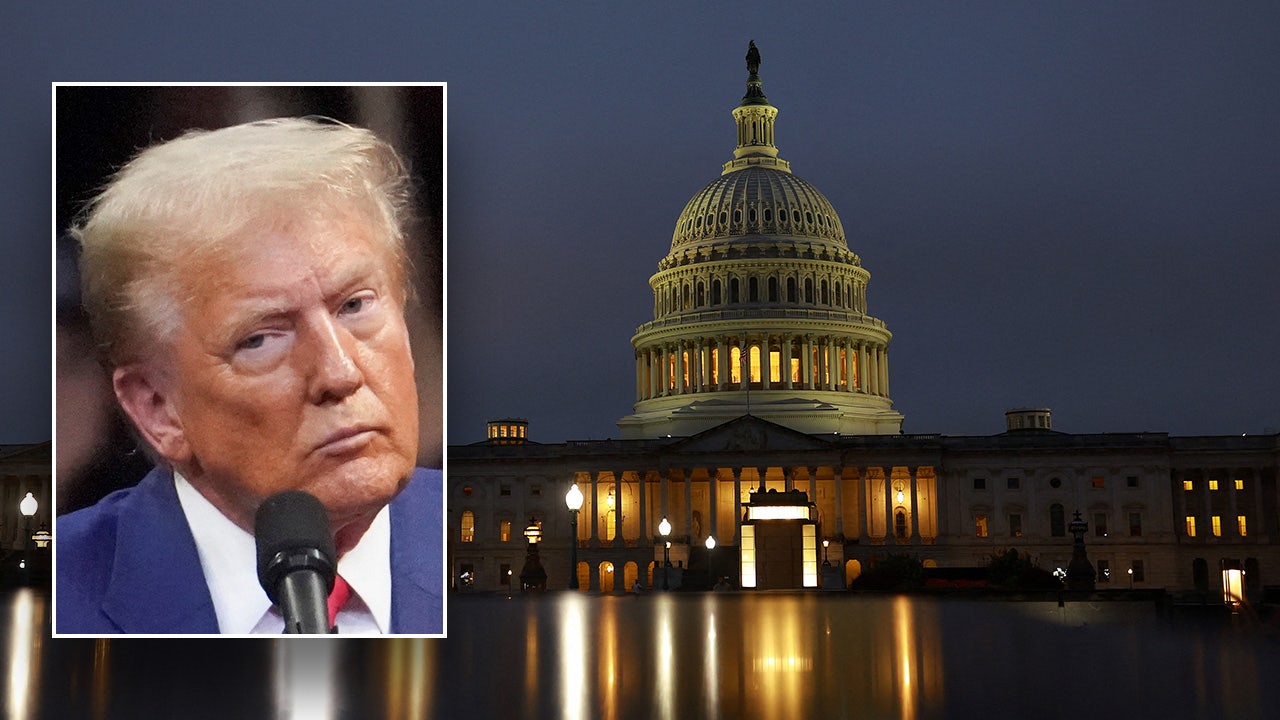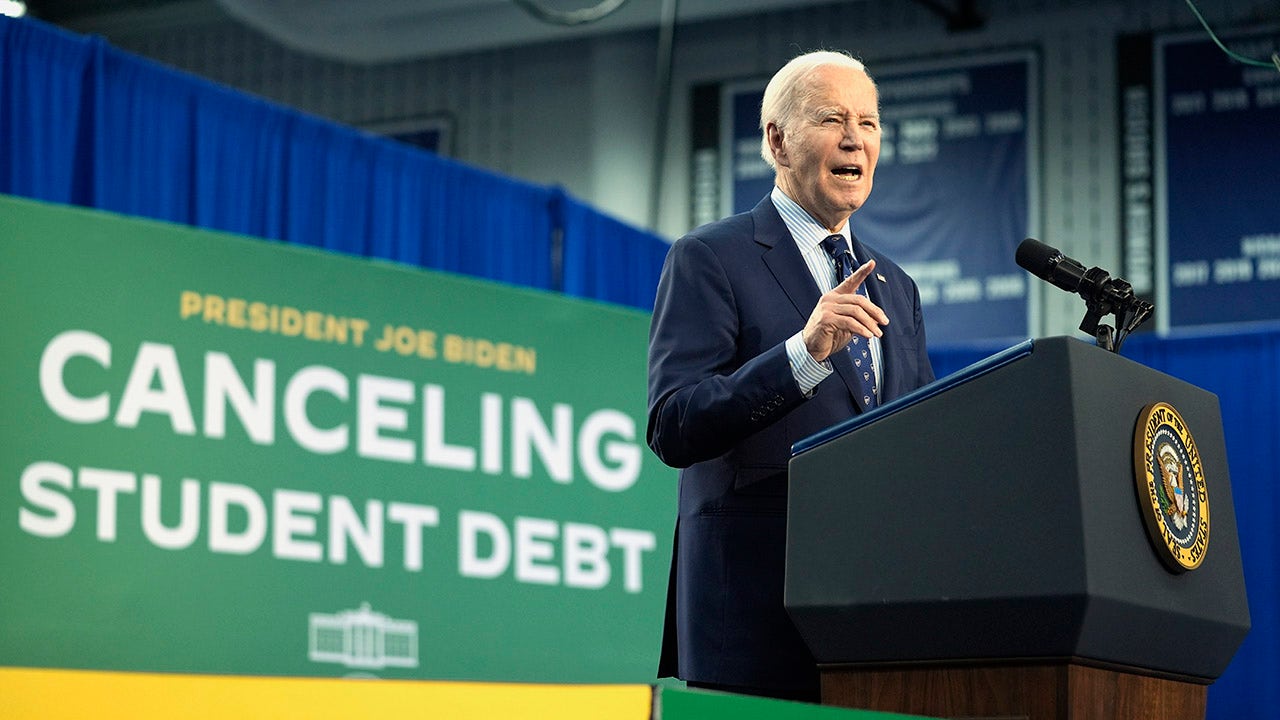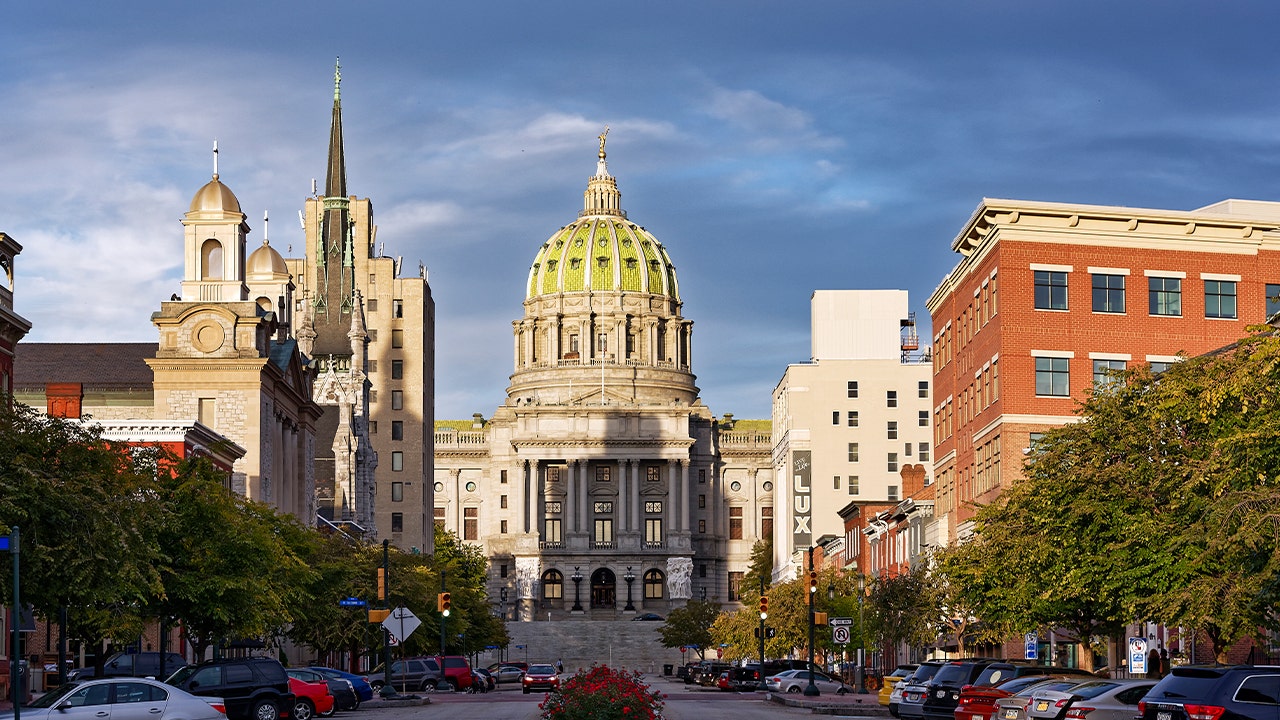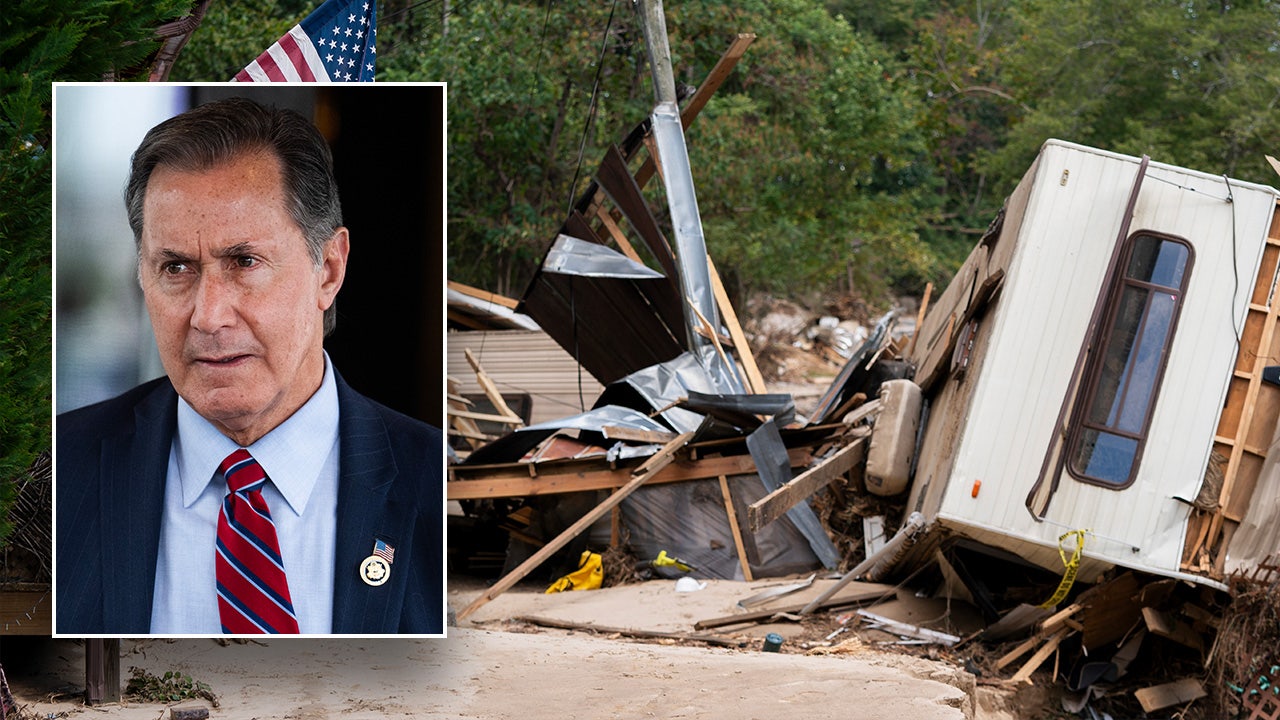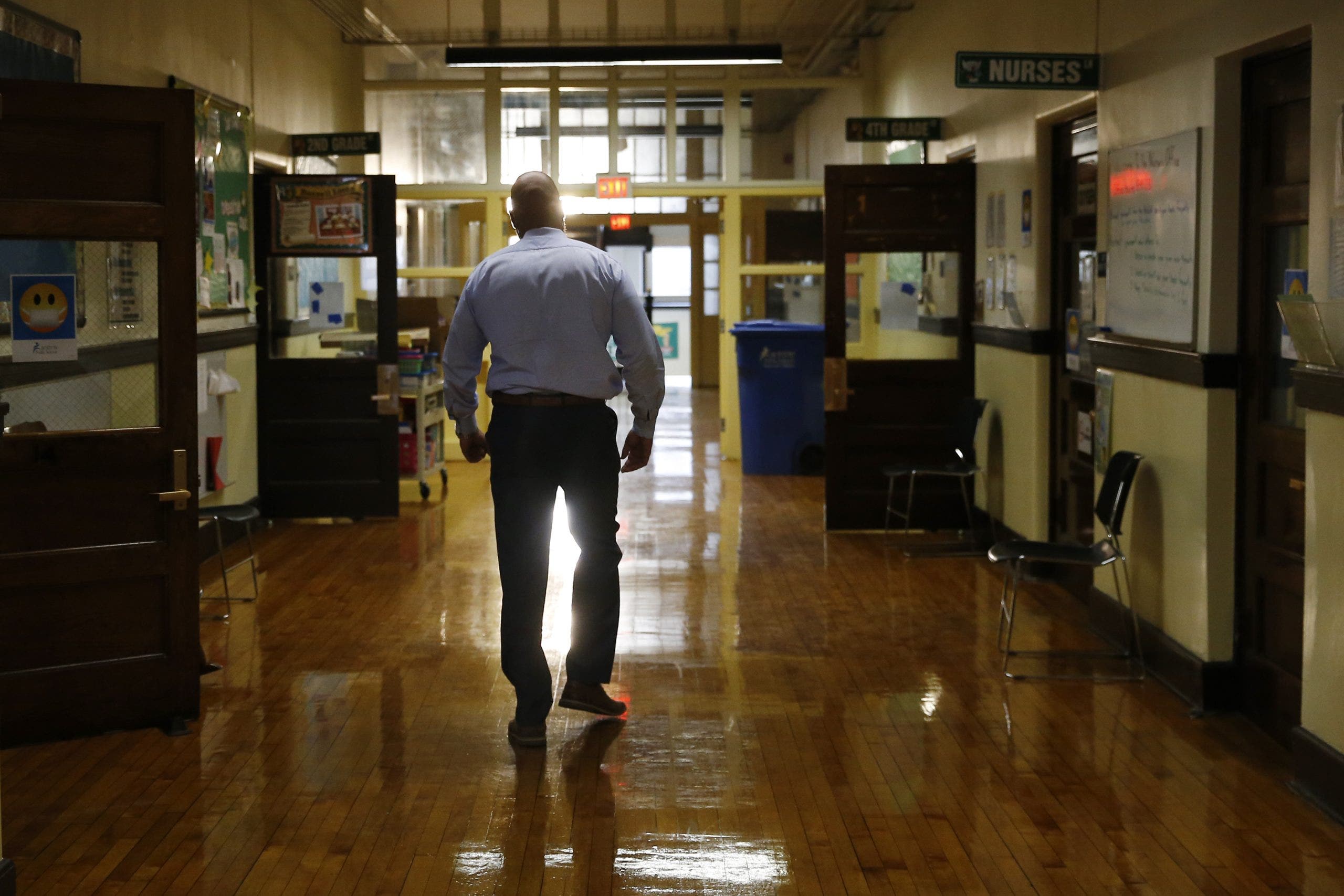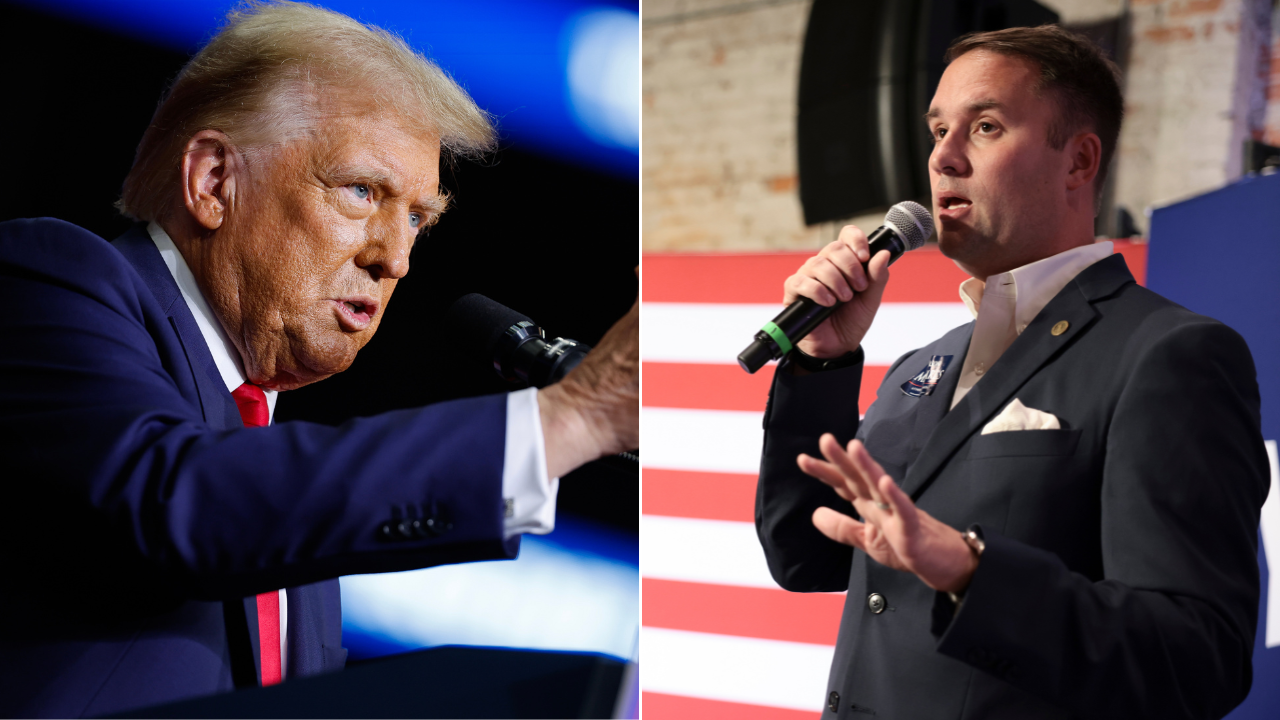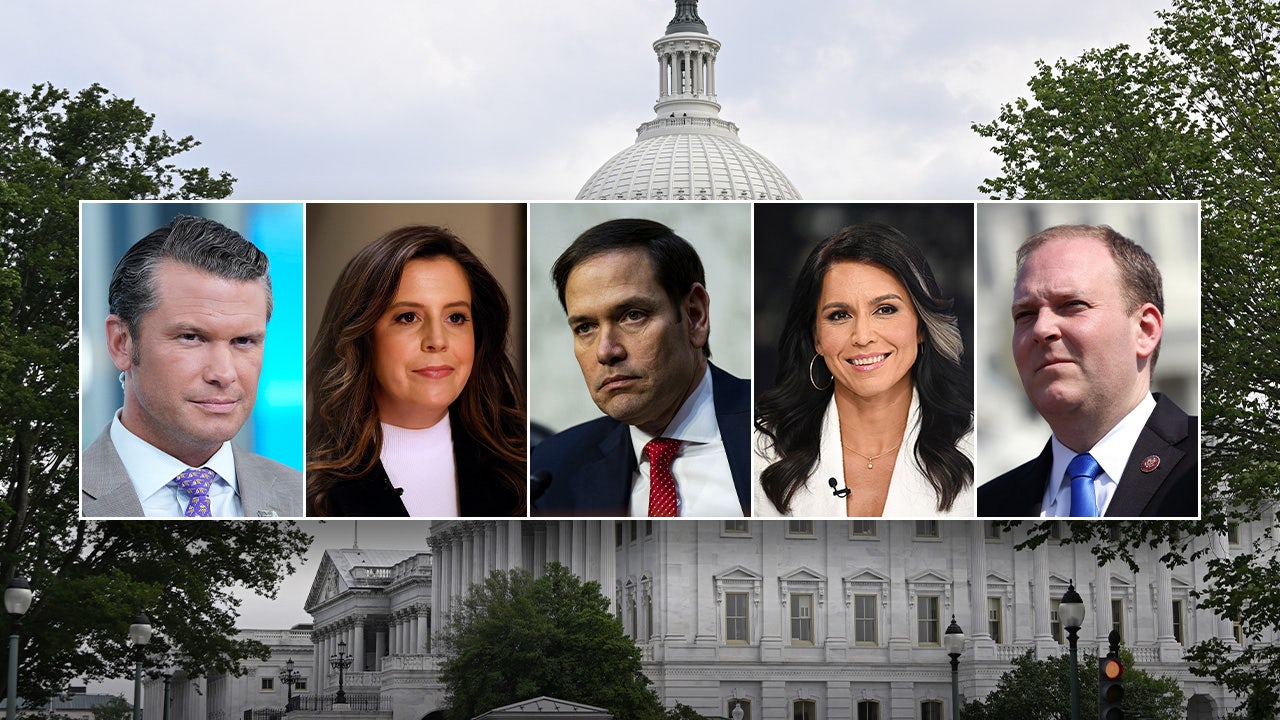The Democratic Party needs to get competitive with Republicans in battleground North Carolina to turn out more voters before Election Day, says a former political consultant from the Tar Heel State.
Thomas Mills is publisher and founder of PoliticsNC, a website described as “Analysis, commentary, and opinion of North Carolina and national politics from the perspective of a center-left, 30-year veteran of the campaign battlefield.”
Mills, who worked on the direct mail team for the Democratic National Committee in 2004, identified two problems that Democrats need to address, quickly, to compete in the state: early voting and low African American voter turnout.
“They [Republicans] seem to be on the right track right now. Democrats, on the other hand, need to boost their turnout. I mean, what we don’t know is how people are voting,” Mills told Fox News Digital in an exclusive interview. “Some of these Republicans that are going to the polls may not actually be voting for Republicans. So, until we count the votes, we don’t know a whole lot.”
Mills said that this cycle, Republicans are voting at “levels much higher than they have in the past.”
NORTH CAROLINA VOTERS WILL DECIDE ON AMENDMENT TO EXPLICITLY BAR NONCITIZENS FROM VOTING IN ELECTIONS
“The big question is, ‘What is driving the GOTV vote this cycle?’ They [Republicans] historically have not put any emphasis in North Carolina on early voting. In fact, in 2020, they actually told Republicans not to vote early, to vote on Election Day,” Mill said. “This year, they’ve taken a different tack. And they’re actively telling Republicans to go vote early.”
Mills added that Republicans appear to be leading in early voting, which started on Oct. 17, but that until every ballot is counted, the parties won’t know whether these early votes represent any new voters.
“Right now, they have more votes than Democrats,” he added. “The question is, are these voters that would have been voting on Election Day that are voting early, or are there new voters in the group that they’re hoping are going to push their margins up?”
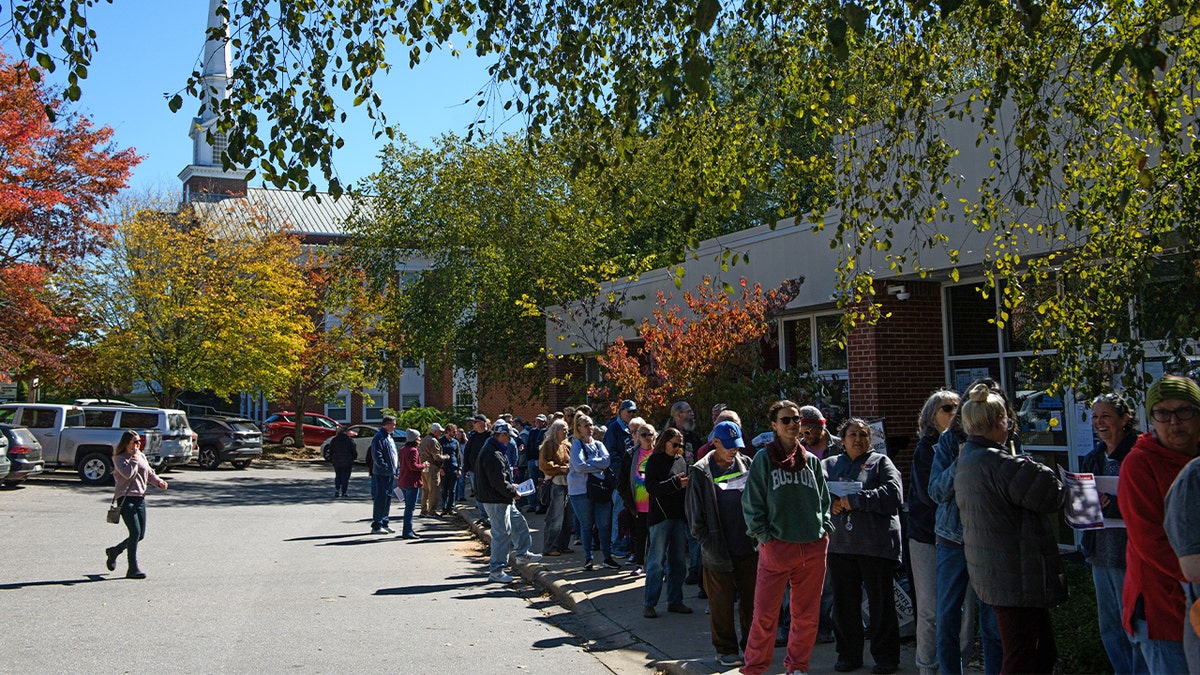
Early voting gives operatives the opportunity to go after less frequent voters, but North Carolina is not seeing a ton of new voters coming into the electorate this cycle, Mills said.
BALANCE OF POWER: HELENE COULD SHIFT POLITICAL WINDS TOWARD TRUMP, NORTH CAROLINA, LAWMAKERS SAY
The other key issue that could “hurt” Democrats in the battleground state, according to Mills, is low turnout among Black voters, a key voting bloc among Democrats.
“Historically, African-Americans have been a pretty major part of the Democratic coalition, and they make up somewhere around 20% of the overall vote, and they vote at roughly 90% for Democrats. And what I saw when I was looking, comparing early votes from 2020 to 2024, is, a few days ago, they were down by about 67,000 votes or so from 2020, which four days into the early vote is not a catastrophe, because there’s going to be probably more than a million African Americans voting.”
According to Mills, African Americans do not appear to be changing their voting behaviors, but there is rather a “depressed turnout” among the demographic.

“If Democrats want to get them in the polls, they need to start trying to figure out what those are and getting them to go vote,” he said. “They have time to fix it, but they do need to figure out what the issue is, where the problems are and increase turnout.”
Hurricane Helene recently made a deadly sweep across the southeast, impacting several counties in North Carolina ahead as the state was preparing for early voting to begin. Mill said he believes the event will have some effect on voter turnout, but that it won’t hurt either party.
“I think when you have a natural disaster like that, it does affect turnout some because of accessibility, but more because people have either left the area because they don’t have water, they don’t have power, or they’re just too concerned with trying to take care of basic needs,” he said. “They’re not thinking about voting.”
Read the full article here



